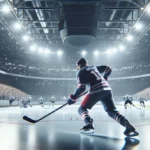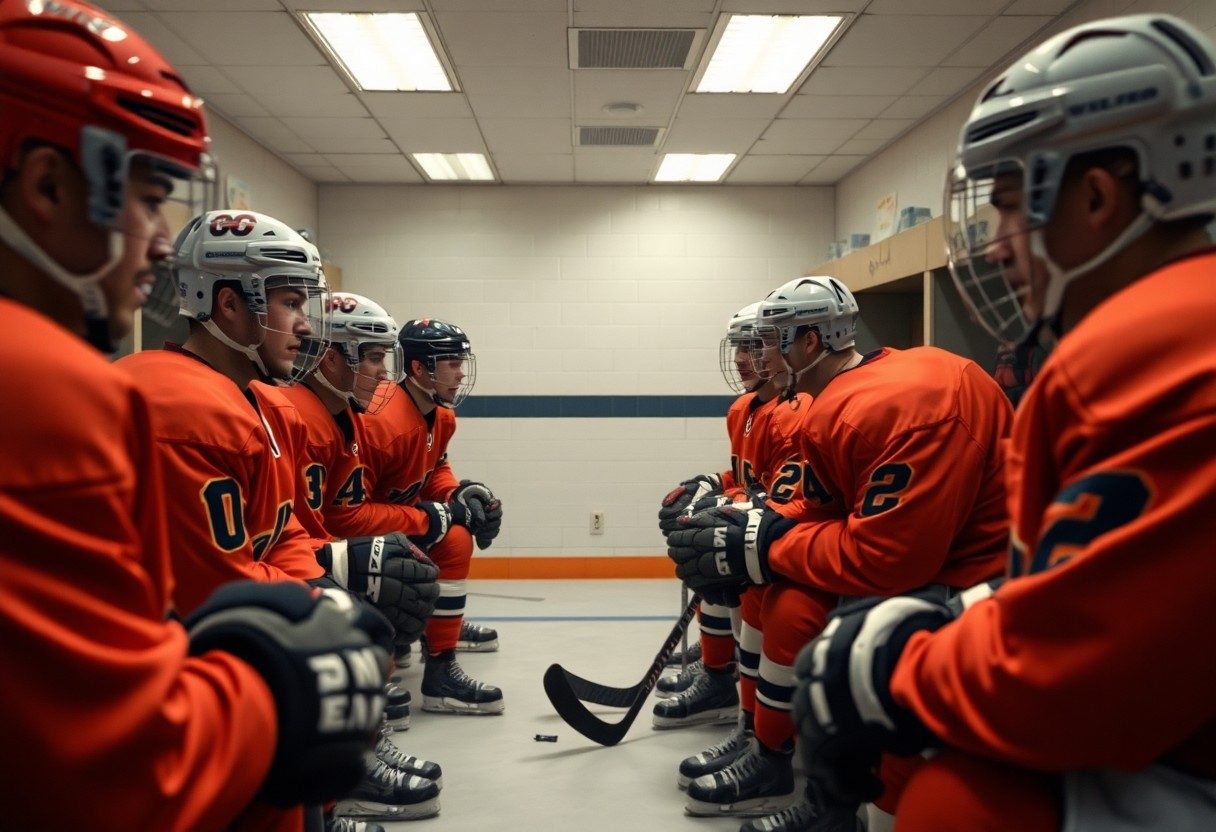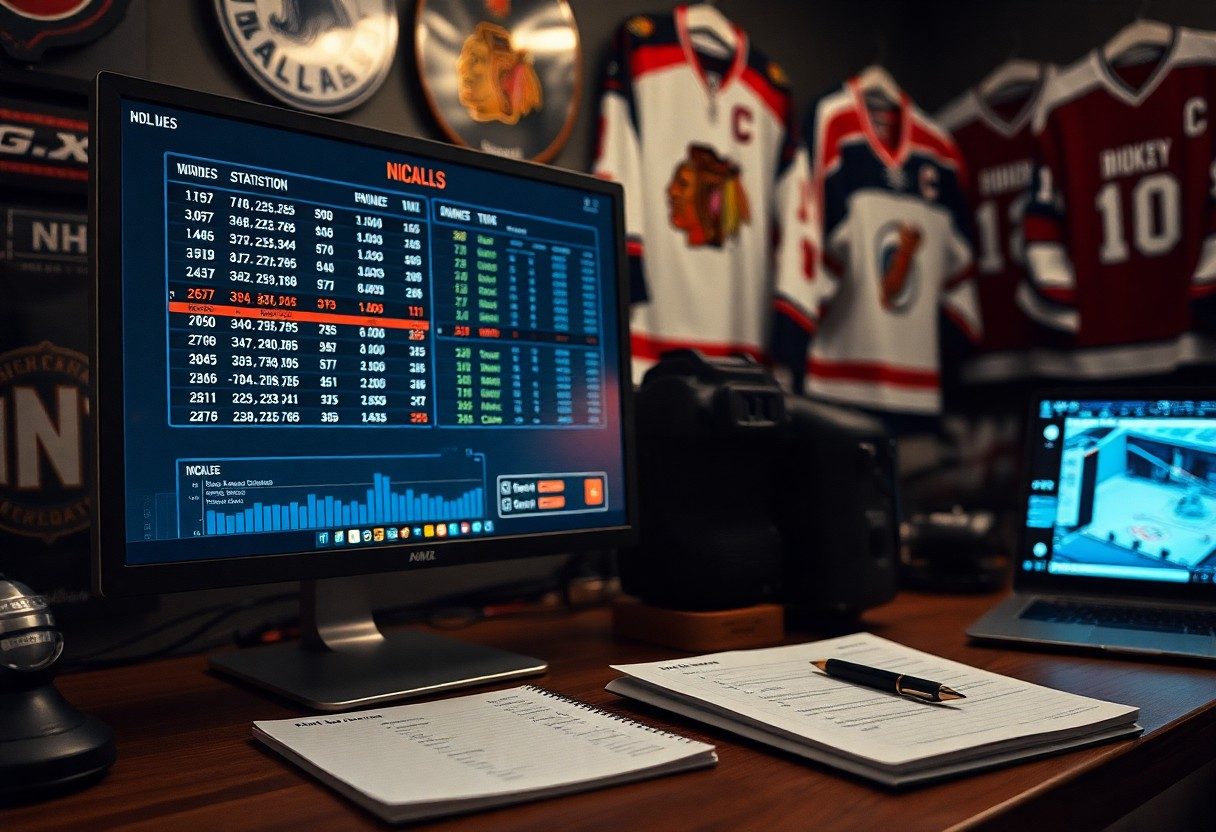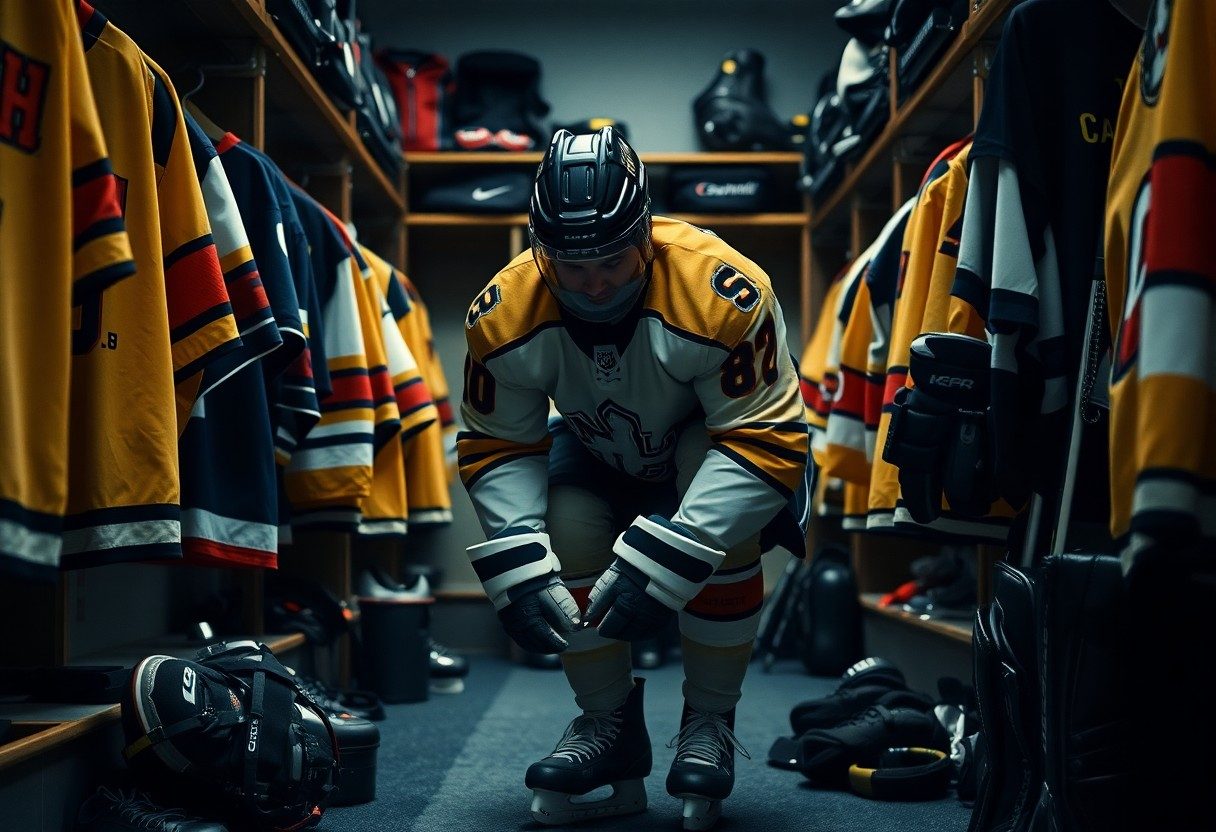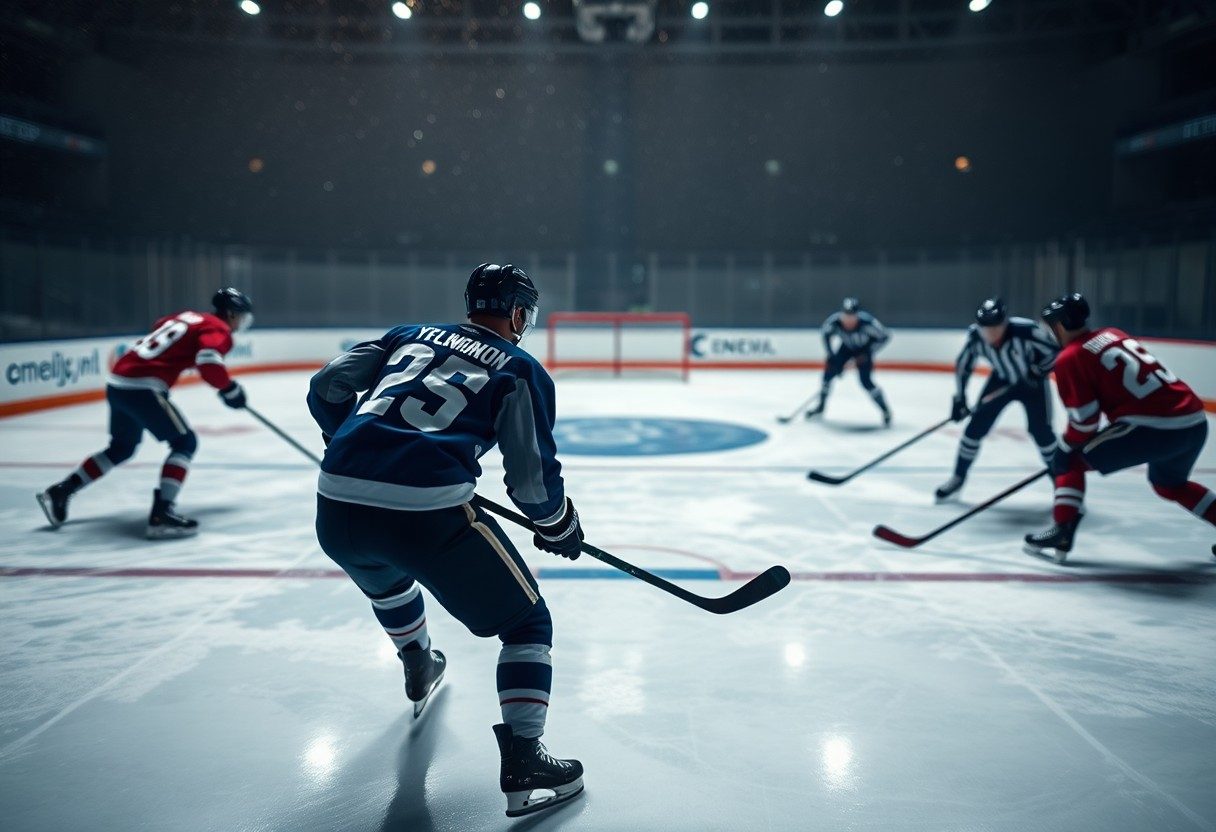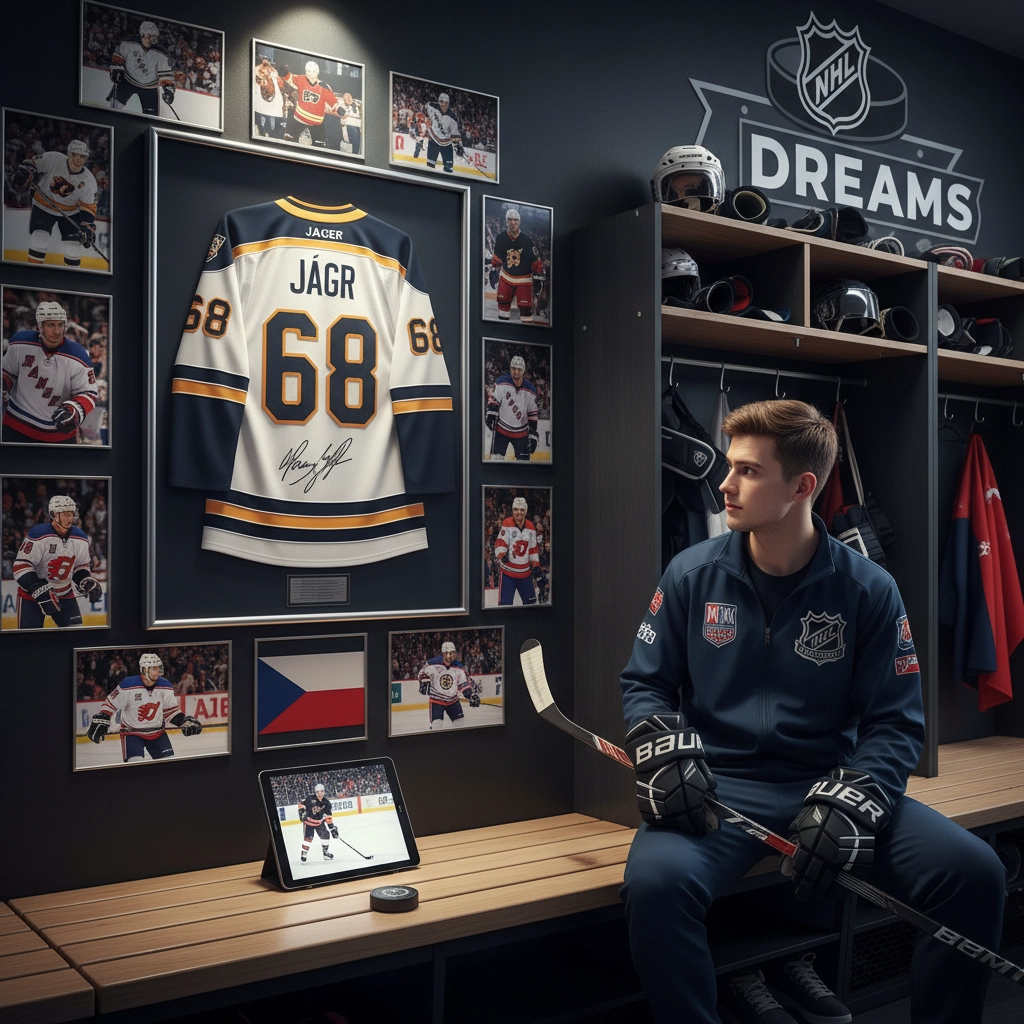Performance in hockey is not solely determined by physical skills; mental preparation plays a significant role as well. As you gear up for the big game, understanding how to sharpen your focus and manage anxiety can enhance your on-ice performance. From visualization techniques to mindfulness practices, hockey players employ various strategies to center their minds and boost their confidence. This blog post will guide you through these necessary mental preparation methods that can empower you on game day.
Understanding the Mental Aspect of Hockey
For hockey players, the mental aspect is just as vital as physical conditioning. Your mindset can directly impact your performance on the ice, influencing how you respond to intense competition. Developing mental resilience, focus, and a positive outlook is vital to help you navigate the challenges of the game, boosting your overall performance and allowing you to maintain composure during high-pressure situations.
The Psychology of Competition
With every game comes a unique set of challenges that can heighten anxiety or excitement. Embracing the psychology of competition means understanding how your mind reacts in these moments. By training your mental game, you can channel your competitive energy into focused performance, leading to better decision-making and execution on the ice.
The Role of Confidence
By fostering confidence, you can significantly enhance your performance on the ice. Confidence shapes your belief in your abilities, affecting how you approach the game and interact with your teammates. A positive self-image allows you to take risks and make bold plays that can turn the tide of a match in your favor.
Considering that confidence stems from preparation and past experiences, you can develop a strong belief in your skills through consistent practice and self-reflection. Visualizing successful outcomes and recalling past achievements can further reinforce your self-assurance. When you’re confident, you’re more likely to trust your instincts, make decisive plays, and withstand the pressures that come with high-stakes games. This mental fortitude can be your game-changer on the ice.
Pre-Game Routines
Any seasoned hockey player knows the importance of a pre-game routine in establishing a mental edge. These routines help center your focus, calm your nerves, and prepare you for the challenges ahead. Whether it’s listening to specific music, going through a series of stretches, or visualizing game scenarios, having a consistent ritual can enhance your performance and boost your confidence as you step onto the ice.
Visualization Techniques
Visualization is a powerful technique that many athletes use to enhance their mental preparation. By mentally rehearsing specific plays, skating maneuvers, or goal-scoring opportunities, you can create a mental blueprint that prepares you for execution during the game. Engaging in detailed and vivid imagery allows you to embed these scenarios in your mind, making your movements feel more instinctive when faced with real-game situations.
Positive Self-Talk
By incorporating positive self-talk into your pre-game routine, you can significantly influence your mindset and boost your performance. This practice involves consciously replacing negative thoughts with uplifting affirmations, reminding yourself of your skills, strengths, and past successes. It encourages a constructive and confident mindset that can help you stay focused and resilient throughout the game.
Considering the psychological barriers that can arise before a big game, positive self-talk acts as an vital strategy to counteract self-doubt. When you tell yourself affirmations like “I am prepared,” or “I perform at my best under pressure,” you cultivate an internal environment that fosters determination. Additionally, this ongoing dialogue can help minimize anxiety and channel your energy toward achieving peak performance. Embracing positive self-talk equips you with the mental tools to rise to the occasion when it’s time to perform.
The Importance of Focus
Assuming you want to excel in hockey, focus is necessary. It allows you to concentrate on your gameplay, strategies, and decision-making processes during high-pressure situations. A sharp focus helps you stay in the moment, which is vital for both individual performance and teamwork. As distractions arise, maintaining that intense concentration becomes a necessary skill for optimizing your performance on the ice.
Concentration Strategies
After establishing the significance of focus, you should employ specific concentration strategies. Visualization techniques can help you imagine successful plays before they happen, while setting small, achievable goals during practice can sharpen your focus progressively. Additionally, regular mental rehearsals can enhance your ability to concentrate in critical moments during the game.
Overcoming Distractions
Along with maintaining focus, you must also learn to overcome distractions. It’s important to identify what typically diverts your attention, whether it’s noise from the crowd, personal anxieties, or external pressures. By recognizing and addressing these distractions, you’ll be better equipped to stay focused on your performance and game plan.
Strategies for overcoming distractions include developing a pre-game routine that centers your thoughts and fosters a clear mindset. Utilizing deep breathing exercises can help calm your nerves and center your focus right before the puck drops. Keeping your vision locked on the goal, both literally and figuratively, ensures you remain in the present moment, allowing you to execute your skills without the weight of outside pressures weighing on you.
Adapting to Pressure
Your ability to adapt to pressure can significantly impact your performance on the ice. Hockey players face immense expectations, and learning to thrive in high-stakes situations is key. This involves maintaining composure, focusing on the task at hand, and trusting your training and instincts. With the right mental approach, you can transform pressure into motivation, pushing yourself to perform at your best when it matters most.
Mental Resilience
The ability to bounce back from setbacks is necessary for any hockey player. Mental resilience not only helps you recover from mistakes during games but also aids in overcoming the inevitable challenges that arise throughout a season. Building this resilience involves cultivating a positive mindset, embracing challenges, and viewing failures as opportunities for growth.
Coping Mechanisms
Below are common strategies that players employ to cope with the pressure of big games. These mechanisms can vary and may include visualization, breathing techniques, or routine establishment, allowing you to create a mental framework that fosters calmness and focus.
With effective coping mechanisms, you can better manage anxiety and maintain peak performance during competitive games. Visualization techniques can help you mentally rehearse scenarios, leading to increased confidence. Additionally, deep breathing exercises can reduce stress and refocus your mind. Establishing a consistent pre-game routine helps create familiarity, which can calm nerves and enhance your readiness. By integrating these strategies into your preparation, you can develop a stronger mindset that allows you to excel under pressure.
Role of Coaches and Team Dynamics
All successful hockey players recognize the vital role that coaches and team dynamics play in their mental preparation for big games. Coaches help establish a culture of trust and resilience, guiding players through mental strategies that enhance focus and performance under pressure. As you engage with your coach and teammates, these relationships foster a positive environment where you can thrive both individually and as part of a larger unit.
Building a Supportive Environment
Behind every great player is a supportive environment created by coaches and teammates. This nurturing atmosphere encourages you to take risks, learn from mistakes, and develop your mental fortitude. When you feel valued and understood, you build confidence, which is important for performing at your best during high-stakes situations.
Communicating Effectively
Beside building supportive relationships, effective communication among coaches and players is key to preparing mentally for the game. Open dialogues allow you to voice concerns, share strategies, and receive constructive feedback. This level of transparency not only improves your understanding of game plans, but also strengthens your cohesiveness with the team, enabling you to perform seamlessly together.
The importance of effective communication cannot be understated in a high-pressure sport like hockey. The exchange of information between you and your coach is important for aligning goals and strategies. Regular team meetings and one-on-one discussions can facilitate clarity, ensuring everyone is on the same page. Encouraging each other during practice and games builds a trusting environment where every player feels free to express thoughts and ideas, enhancing both individual and team performance.
Post-Game Mental Reflection
To enhance your performance in future games, engaging in post-game mental reflection is crucial. This process allows you to evaluate your thoughts and feelings about the game, identify areas for improvement, and acknowledge your successes. Taking time to analyze your experiences can foster mental resilience and sharpen your focus for upcoming challenges.
Analyzing Performance
Along with evaluating the game’s outcomes, it’s important to break down your personal performance. Reflect on your actions, decision-making, and the strategies employed during the match. By pinpointing what worked well and what didn’t, you can develop a clearer understanding of your individual contributions and areas that require further attention.
Learning from Experience
Across your journey in hockey, each game provides opportunities for growth and learning. Analyzing previous performances will aid you in building a repository of knowledge that can enhance your future play. By transforming lessons learned into actionable insights, you can refine your skills, boost your confidence, and mitigate similar mistakes in subsequent games.
Considering every game as a lesson allows you to cultivate a growth mindset. This perspective empowers you to view challenges as opportunities for improvement rather than setbacks. Embracing constructive feedback, both from yourself and your coaches, will enable you to adjust your strategies and techniques, ultimately enriching your overall hockey experience.
To wrap up
As a reminder, mental preparation for a big game is just as important as physical training. You should develop routines that help you focus, visualize success, and maintain a positive mindset. Techniques like meditation, breathing exercises, and setting clear goals can enhance your concentration and confidence on the ice. Engaging with supportive teammates and coaches will also provide you with the encouragement you need. By prioritizing your mental game, you’ll be better equipped to perform at your best and handle the pressures that come with competitive hockey.

